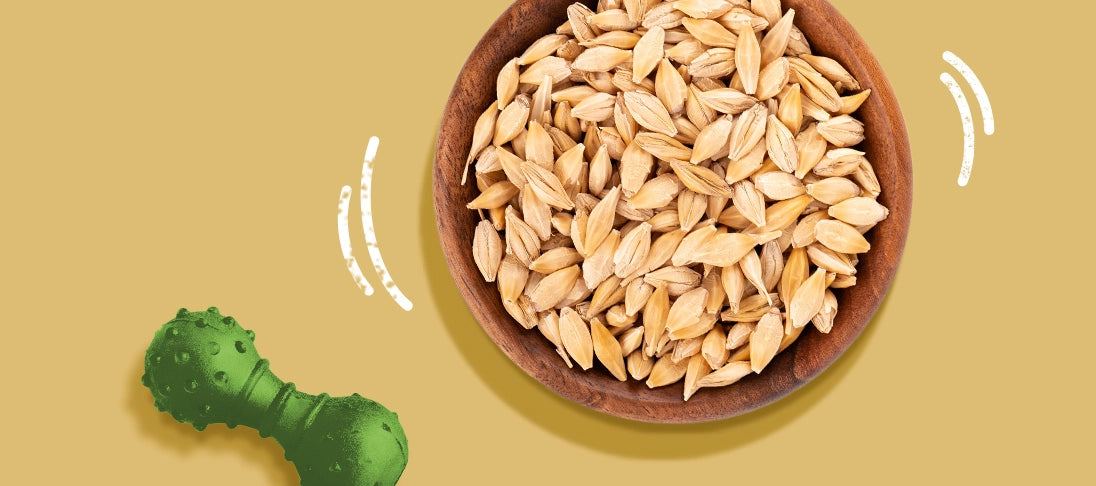Grain in dog food: yes or no? We explain what you need to know and what grain alternatives you can use instead.
Grain-free dog food: what you need to know

Is grain good for dogs?


Grain in dog food: yes or no? We explain what you need to know and what grain alternatives you can use instead.
